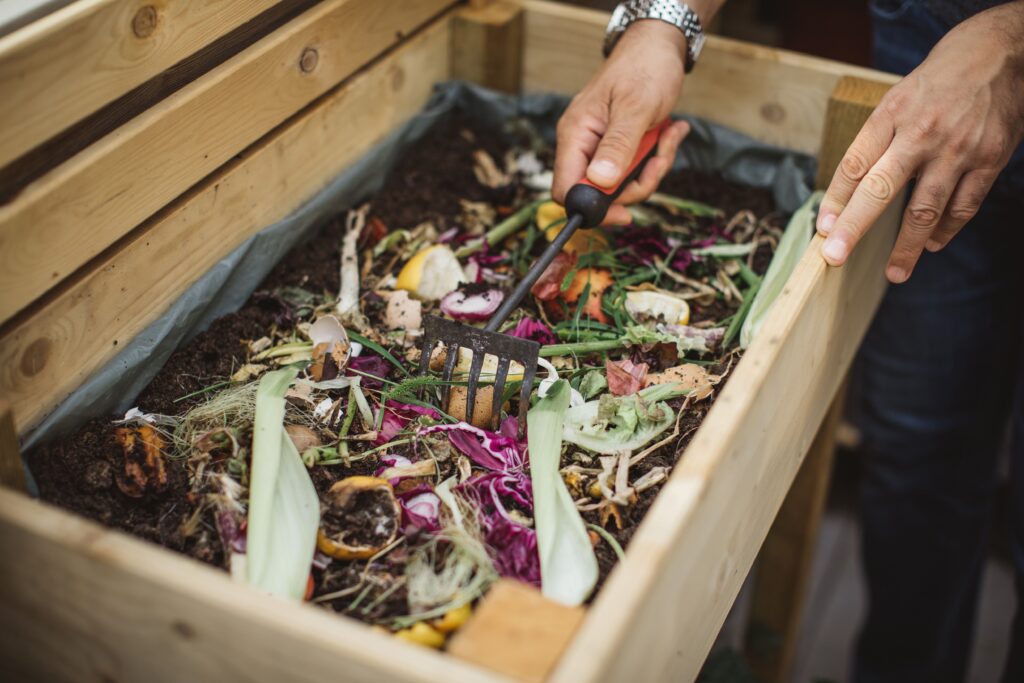Accelerating the Composting Process: Essential Materials and Techniques
Composting is a vital practice for recycling organic waste and enriching soil, but the process can often take several months to yield usable compost. Typically, hot composting can take two to three months, while cold composting may require a year or longer. However, adding specific materials known as compost starters or accelerators can significantly speed up this process, leading to the quicker production of high-quality compost.
Understanding Compost Starters and Accelerators
When browsing the gardening aisle, you might encounter various products marketed as compost starters, accelerators, or activators. Although there can be overlap in their contents—often featuring beneficial microbes, nitrogen, and enzymes—these terms serve distinct purposes. Compost starters are generally recommended for new compost piles, while accelerators are more suitable for established piles struggling to decompose quickly. Regardless of the terminology, the primary goal remains the same: to enhance the composting process.
The Benefits of Using Compost Starters
While compost starters are not mandatory for successful composting—after all, organic matter will decompose given sufficient time—incorporating them can lead to advantages such as:
- Boosting the speed of decomposition.
- Enhancing the quality of the final compost.
- Facilitating quicker compost generation, especially for novice composters.
Materials to Enhance Composting Efficiency
Integrating compost starters or accelerators into your compost pile can be beneficial, but it is crucial to maintain a balanced mix of carbon- and nitrogen-rich materials. Think of these starters as enhancements rather than replacements for proper composting techniques. Here are seven effective materials to incorporate:
1. Nitrogen-Rich Ingredients
A compost pile overloaded with carbon-rich materials, such as dry leaves and sawdust, will struggle to decompose efficiently. A steady supply of nitrogen-rich ingredients is vital. Aim for a carbon-to-nitrogen ratio of approximately 3:1. Examples of nitrogen sources include:
- Food scraps
- Grass clippings
- Coffee grounds
- Loose leaf tea
- Alfalfa or soy meal
2. Store-Bought Inoculants
For compost piles that have slowed down, commercial compost inoculants can reinvigorate them. These products typically contain a higher concentration of beneficial bacteria and fungi, promoting faster breakdown. They are particularly essential in systems like bokashi composting, which relies heavily on these microbial resources to function effectively.
Tip: When selecting a compost accelerator, especially for organic gardening, ensure it is certified as organic by looking for the OMRI label.
3. Compost and Bokashi Tea
Homemade compost tea and bokashi tea are rich in beneficial microbes and can be easily applied to both new and existing compost piles. Compost tea is made by steeping compost in water, while bokashi tea is a liquid byproduct from bokashi composting.
4. Manure
Animal manure, particularly from livestock like chickens, serves as a potent nitrogen source. It should be added only to hot compost piles, which maintain temperatures of at least 131°F for a minimum of 15 days to mitigate food safety risks. Be cautious and avoid adding waste from pets or humans, as these can introduce health hazards.
5. Worm Castings
Worm castings, produced by composting worms, are an excellent addition to compost piles. Rich in beneficial microbes, these castings can greatly enhance the decomposition process. Many gardening stores offer packaged worm castings for convenient use.
6. Water
Moisture is vital for composting success. Adding water to overly dry compost piles can significantly accelerate breakdown. Aim for a moisture level akin to a wrung-out sponge, balancing dampness without creating sogginess, which can result in odors and other issues.
7. Air
Aeration is key for hot composting. Regularly turning or aerating compost piles—ideally every three to four days—ensures proper oxygen levels, promoting biological activity and heat generation. Tools like pitchforks or compost tumblers can facilitate this process.
Applying Compost Starters Effectively
Most commercial compost starters come in either liquid or granular forms. Apply these products by layering them among compost materials and watering them in as per the product instructions. For organic matter such as food scraps, manure, or worm castings, mix them between layers to enhance their effectiveness.
After introducing these materials, ensure you turn the compost thoroughly to incorporate them, and add water if necessary to kickstart the decomposition process.
Conclusion
By incorporating these materials and techniques, you can accelerate the composting process, leading to high-quality finished compost more rapidly. Whether starting a new pile or revitalizing an existing one, understanding the interactions between various ingredients will enhance your composting efforts and contribute to a healthier garden ecosystem.


